Review of Before Night Falls
Introduction
The artist Julian Schnabel’s first film ‘Basquiat’, a loving biopic of the little-known NY graffiti artist who became a cause celebre as he dotted with Warhol and co; dealt in heavy-handed metaphor with the pleasures and perils of artistic endeavor without ever managing to encounter the soul of the man himself. Superficially his latest film bares a pertinent resemblance: ‘Before Night Falls’ is a biopic of another over-looked young artist (Cuban writer Reinaldo Arenas, played by Javier Bardem) who was persecuted during Castro’s coup d’etat not for the subversiveness of his writings, but for his homosexuality. In between making desperate bids for freedom in the US, Arenas spent plenty of time in prison, where he illegally filtered out his writings to be published abroad.

Video
Grungy hues all-round, but the transfer isn’t perfect. Schnabel’s cinematographers Xavier Pérez Grobe and Guillermo Rosas are keen to present Cuba in all its unique crumbling beauty whilst draping the aesthetic in cursory glances to realism: sweaty locations, hand-held cameras and humid, high-contrast film-stock.
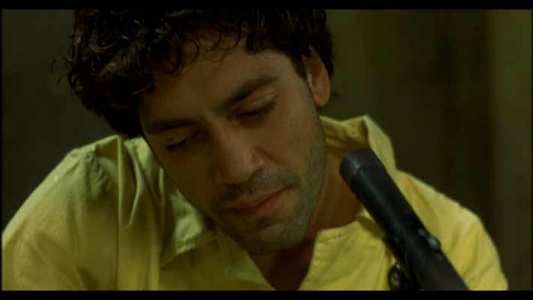
Audio
The very good Dolby 5.1 track is technically English, but given the fact a lot of the dialogue is spoken in Spanish, Russian and French, or in thick accents, you may want to click on those subtitles. The soundtrack features an excellent and immersive blend of classical, Cuban and original music arranged by (among others) Lou Reed and Carter Burwell.

Features
Nope.
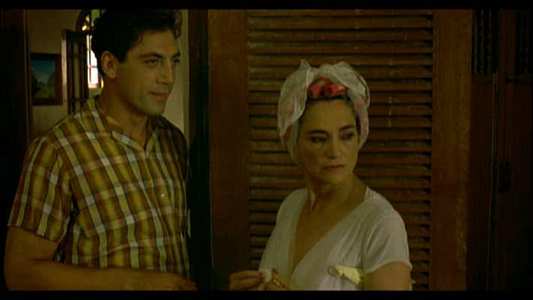
Conclusion
An aloof and arty biopic, with a stunning central performance from Bardem, and a conspicuous lack of actual discernable content. The narrative is essentially a string of well-observed details rather than events, Schnabel clearly more interested in constructing the aromas of the period rather than evoking the larger dramatic context, allowing (or rather forcing) the audience to keep on their toes. This makes the action portrayed in the film authentic, but inaccessible, with little compromises being made to the uninitiated. That said, it’s details create a frequently interesting patch-work: Arenas appears openly homosexual, but his love/hate alliance with another self-hating gay man (Andrea Di Stefano) suggests a deeper sexual ambivalence; implying that every revolution, political and sexual, evolves in increments.
Although Schnabel has toned down the bumbling symbolism he employed to such amateurish effect in ‘Basquiat’, he still hasn’t learned a lot from the mistakes of that film: he still casts Hollywood actors in obtrusive and unnecessary cameos (look, there’s Sean Penn as a shaggy drifter! There’s Johnny Depp as a prison queen who can store a supermarket in his rectum! And again as a bullying army lieutenant!) He’s still employing disruptive magical-realist theatrical devices in massively self-indulgent fashion: a POV shot on a beach wipes into a dislocated wide shot etc. But most problematically, he’s failed again to tell us anything about his central character’s desire to write or the explosion of artistic creativity that existed at that time in revolutionary Cuba. Instead we get broad-stroked detailing, a loose structure of casting glances with little but fitful urgency and stylistic gimmickry at its heart.
There are placating flashbacks to the impoverished experiences of the childhood that fostered Arenas’s creative impulses. But what exactly those impulses are remains a mystery, as Schnabel is curiously uninterested in cementing a relationship between the writer and his work (which is frequently quoted to us via voice-over.) It’s certainly a more accomplished and significant work than his first film, however one can’t help but feel that Schnabel is doing little but preaching to the converted about the tragic consequences of state persecution of the artist in this artfully elitist biopic. Undeniably worthy, and equally unappealing.
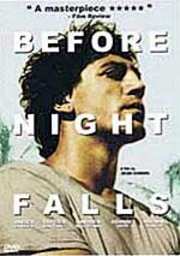





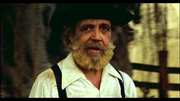
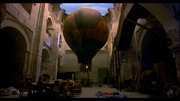
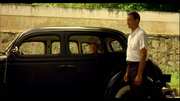

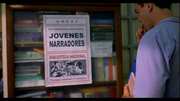


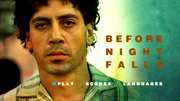

































Your Opinions and Comments
Be the first to post a comment!